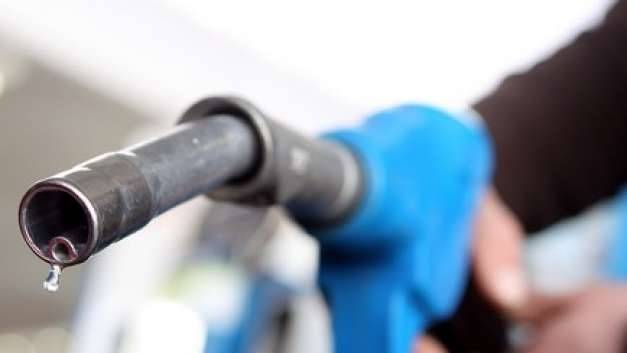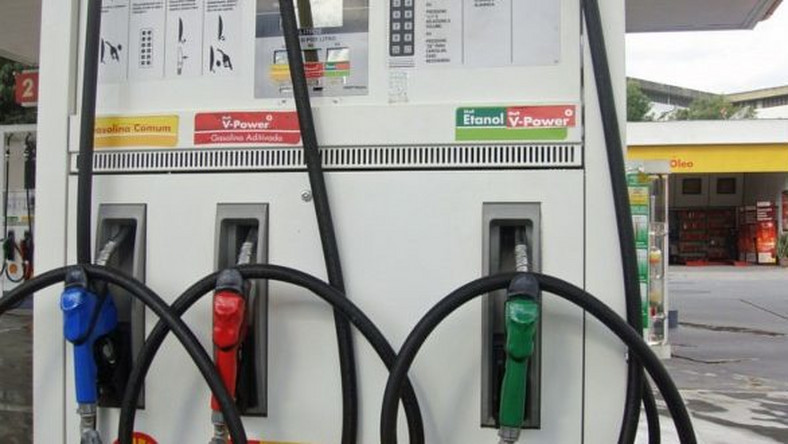Petroleum prices to go up on July 1
- Posted on
- Comment
 Prices of petroleum products could go up by 10% from Wednesday morning, unless government steps in to absorb the expected increase.
Prices of petroleum products could go up by 10% from Wednesday morning, unless government steps in to absorb the expected increase.
According to Joy Business analysis on the factors and formula that guides the price review by the National Petroleum Authority (NPA), every two weeks prices of the various products could go up between 5 to 10 percent.
The challenge for the NPA, however, has always been who should take up this cost.
Should it be government, importers of the product, the marketers or allow the consumers to pay for the actual cost of every litre purchased at the pumps?
But with the IMF pushing for an end to government subsidies, consumers are most likely to be at the receiving end of the fuel price hikes.
Government may still do all within its power to cushion consumers in light of the current economic challenges and the political implications of another fuel price increase barely two weeks ago.
Nevertheless this might come with its own challenges, as funds meant for other projects or businesses could be sacrificed to ensure that prices do not go up.
The current debts owed the Bulk Oil importers is said to have hit about 3.4 billion Ghana cedis, a situation which has come about as a result of unpaid subsides.
So will it be prudent to keep prices unchanged come this Wednesday?
Some analysts say the increase on Wednesday is being influenced by the local currency’s depreciation, which is forcing importers to look for more cedis to bring the same volumes of petroleum products into the country.
Others say that the actual deregulation policy – where importers and marketers price the commodity in order to recover the full cost of every product sold – kicks off this Wednesday.
An increase in prices of petroleum products could have serious implications on the cost of living, inflation and transport fares.
Joy Business is learning that there could be another increase of about 4 percent by the middle of July before the regulator finally allows the forces of demand and supply to determine prices at the pumps.
These increments in petroleum products should facilitate the clearing of all the debts owed Bulk Oil distributors as a result of unpaid subsidies – that is should it allow the expected fuel price increase to pass to consumers.
Prices of the various products went up by 4 percent on the middle of June this year.
-joy










 (Selorm) |
(Selorm) |  (Nana Kwesi)
(Nana Kwesi)